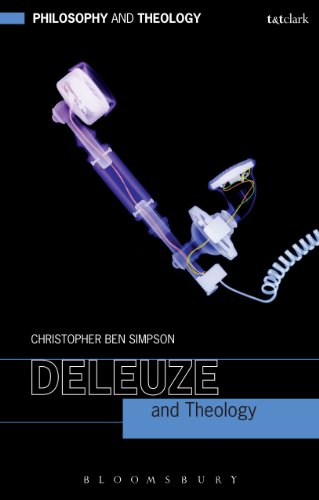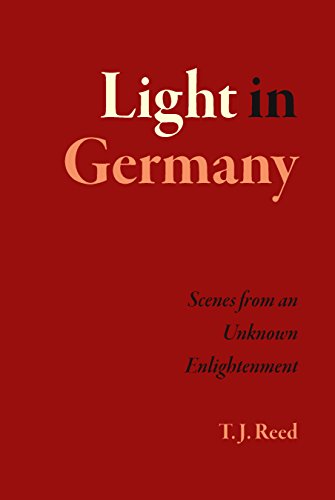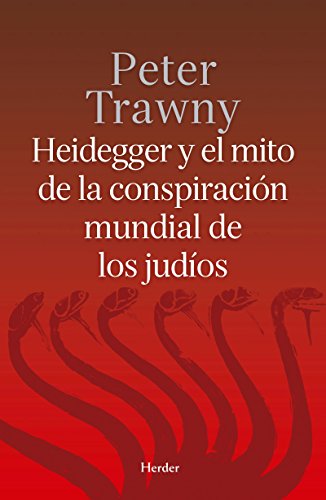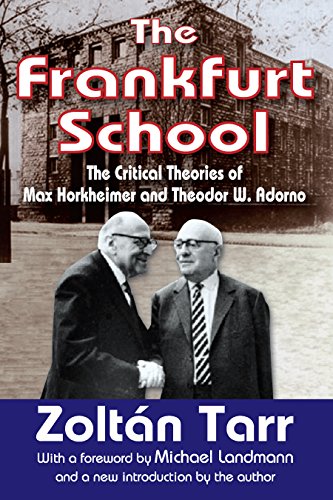
By Cecilia Muratori
This publication investigates Hegel’s interpretation of the paranormal philosophy of Jakob Böhme (1575-1624), thought of within the context of the reception of Böhme within the 18th and nineteenth centuries, and of Hegel’s personal realizing of mysticism as a philosophical process. the 3 sections of this e-book current: the historic heritage of Hegel’s come upon with Böhme’s writings; the advance of 2 assorted conceptions of mysticism in Hegel’s paintings; and eventually Hegel’s method of Böhme’s philosophy, discussing intimately the references to Böhme either in released writings and manuscripts. in keeping with Hegel, Böhme is “the first German philosopher”. the cause of putting Böhme on the very starting of German philosophy is that Hegel considers him to be a profound philosopher, regardless of his rudimentary schooling. Hegel’s fascination with Böhme as a rule issues the mystic’s knowing of the symbiotic relation among God and his contrary, the satan: he considers this to be the genuine speculative middle of Böhme’s idea. by way of analyzing Böhme, Hegel intends to loose the speculative content material of his concept from the restrictions of the insufficient, barbarous shape during which the mystic expressed it, and in addition to disencumber Böhme from the prejudices surrounding his writings, putting him firmly within the territory of philosophy and detaching him from the obscurity of esotericism. Combining historic reconstructions and philosophical argumentation, this e-book publications the reader via a massive section in German philosophy, and eventually into an inquiry in regards to the dating among mysticism and philosophy itself.
Read Online or Download The First German Philosopher: The Mysticism of Jakob Böhme as Interpreted by Hegel (International Archives of the History of Ideas Archives internationales d'histoire des idées) PDF
Best modern philosophy books
Deleuze and Theology (Philosophy and Theology)
What can a theologian do with Deleuze? whereas utilizing philosophy as a source for theologyis not anything new, Gilles Deleuze (1925-1995) offers a type of limit-case forsuch a theological appropriation of philosophy: a completely "modern"philosophy that will appear to be essentially adverse to Christian theology--aphilosophy of atheistic immanence with an basically chaotic imaginative and prescient of theworld.
Light in Germany: Scenes from an Unknown Enlightenment
Germany’s political and cultural earlier from precedent days via international struggle II has dimmed the legacy of its Enlightenment, which nowadays is much outshone via these of France and Scotland. during this booklet, T. J. Reed clears the airborne dirt and dust clear of eighteenth-century Germany, bringing the likes of Kant, Goethe, Friedrich Schiller, and Gotthold Lessing right into a coherent and centred beam that shines inside eu highbrow heritage and reasserts the $64000 position of Germany’s Enlightenment.
Heidegger y el mito de la conspiración mundial de los judíos (Spanish Edition)
¿Fue Heidegger antisemita? ¿Hasta qué punto se identificó con el nacionalsocialismo? Estas preguntas recuperan actualidad en el contexto de l. a. reciente publicación de los Cuadernos negros de Martin Heidegger, que contienen sus apuntes personales y filosóficos escritos entre 1930 y 1970. Peter Trawny, el editor de estos cuadernos inéditos hasta 2014, ofrece por primera vez un análisis del proyecto filosófico de Heidegger a l. a. luz de estas nuevas fuentes.
The Frankfurt School: The Critical Theories of Max Horkheimer and Theodor W. Adorno
The Frankfurt university refers to a college of neo-Marxist interdisciplinary social thought specific verified on the Institute for Social study on the collage of Frankfurt, Germany in 1923. Tarr's research specializes in 3 key concerns. the 1st is the Frankfurt School's unique software of offering a common idea of contemporary capitalist society.
- Kants Grundlegung zur Metaphysik der Sitten (German Edition)
- Theodor W. Adorno: An Introduction (Post-Contemporary Interventions)
- A Methodical System of Universal Law: Or, the Laws of Nature and Nations: With Supplements and a Discourse by George Turnbul (Natural Law Paper)
- Volk - Nation - Vaterland (Studien zum 18. Jahrhundert) (German Edition)
- Wahn und Wahrheit (German Edition)
Extra resources for The First German Philosopher: The Mysticism of Jakob Böhme as Interpreted by Hegel (International Archives of the History of Ideas Archives internationales d'histoire des idées)
Example text



